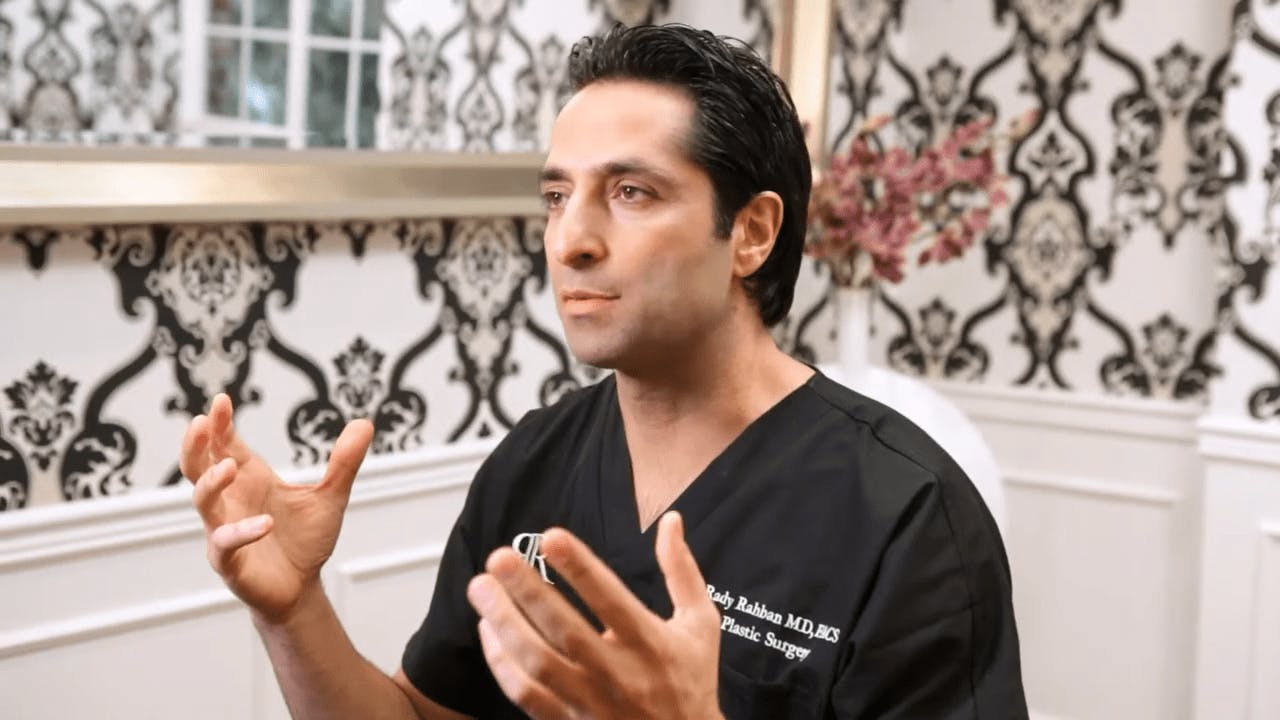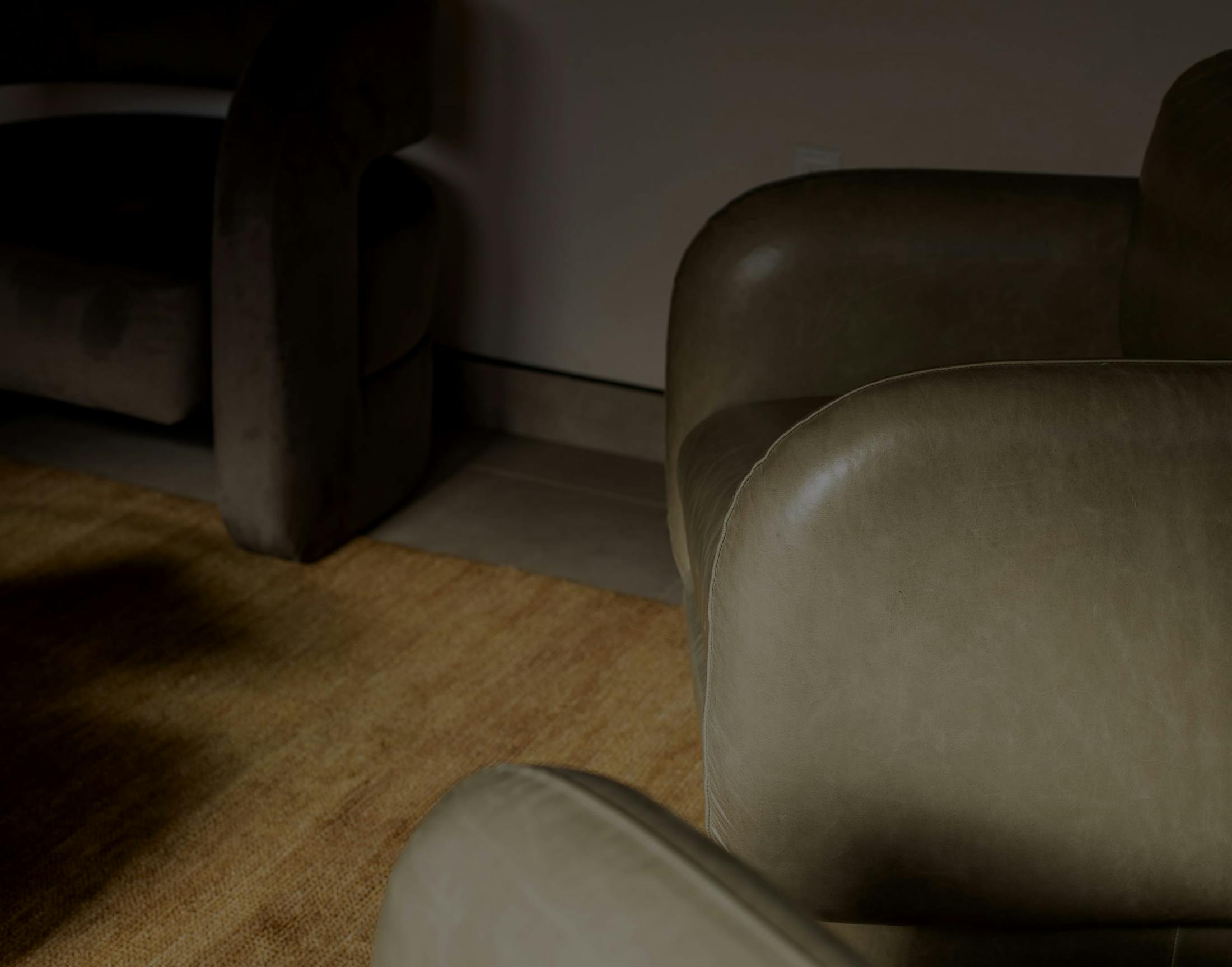Because your face is a cornerstone of your identity, it’s vital to understand the potential risks involved with a facelift and be sure your surgeon has taken every precaution to protect you. Below, we’ve outlined the most common complications—and how board-certified plastic surgeon Dr. Rady Rahban works diligently to prevent them.
Meticulous Craftsmanship Meets Modern Aesthetics
A master of revision procedures, board-certified by the American Board of Plastic Surgery, and a Fellow of the American College of Surgeons, Dr. Rahban is known for his conscientious approach, conservative technique, and honest communication. With extensive training from the University of Southern California and years of hands-on experience correcting challenging cases, he upholds the highest patient safety standards, artistry, and ethical practice.











